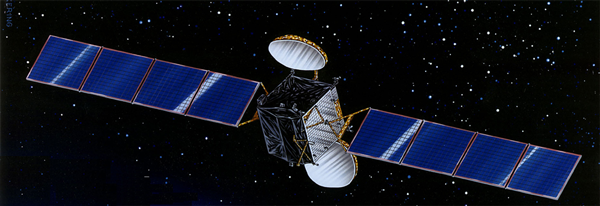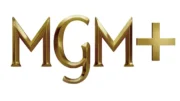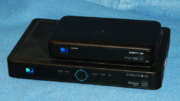One of the things we tell you over and over again is that you can get free HDTV channels with an antenna. You’ve probably also noticed how fond we are of saying that the broadcast spectrum is a shared public resource managed by the government for the benefit of everyone. Those are great sentiments but it’s hard to settle them with the fact that you’re paying about $100 on average for the ability to point a satellite dish in the air and get some of those broadcasts. How can that be?
Local broadcasts are 100% free
First, let me say again, that over-the-air local broadcasts are 100% free, and by law every TV must be able to receive and display them. However, there’s a lot more to the broadcast spectrum than just local TV. There’s radio, local first-responder channels, CB (yeah, it’s still out there), Wi-Fi, cordless phone, etc. The FCC treats different parts of the broadcast spectrum in different ways.
Most of the signals you receive are completely public, that’s true. However, there are several different sets of frequencies that that are treated differently. For example, cell phone and Wi-Fi frequencies are allowed to be encrypted so that you have some sort of privacy when you’re using them. Military frequencies can be encrypted, and in some cases it’s a crime to have a radio designed to receive them. That’s part of keeping you safe.
Encryption is allowed… when the government allows it
In almost every case, the rules that allow encryption in radio broadcasting are there to allow for more privacy and security. Then there are the frequencies used in satellite TV broadcasting. There’s no varnishing it… these frequencies are encrypted so that companies can make money. That might seem kind of skeevy, I hear you. But there’s an explanation. These broadcasts are encrypted. It may sound odd, but everyone benefits.
A little bit of history
All satellite TV broadcasting owes its life to a series of decisions made in the 1980s. At that time, the FCC decided that national satellite TV broadcasting served the public’s best interest. At that time the hope was that you could have a dish small enough to sit on top of a TV. That never really happened, but a dish under 40″ in diameter is still a lot smaller than the 5-meter dishes that were the peak of technology back then.
The problem, of course, is that it’s very expensive to put up a satellite, and no one is going to launch one and operate an uplink facility just for the fun of it. In the good old USA, there has to be some profit. So, trying to balance the public’s best interest and the needs of the large businesses at the time, the FCC decided to allow satellite broadcasters to encrypt their signals. The fact that DIRECTV and DISH have nearly unbreakable encryption is what keeps them in business.
Isn’t satellite TV just like broadcast TV?
Here it may sound like you’re comparing two similar things. After all you are talking about television services. But over-the-air TV’s rules come from an earlier time. In the early 20th century, the government considered radio and TV important ways to get information out there. They considered it the right of every person to get those broadcasts. Precisely because there’s a really robust free TV infrastructure, we can think of satellite TV as a luxury, not a necessity. For that reason, satellite TV broadcasters can encrypt their signals.
Some other countries went a different way. In Britain, in addition to paid satellite, there’s state-operated “Freesat” satellite TV which basically takes the place of local broadcast towers. Every Brit with a view of the sky can put up a dish, get a receiver, and pull down a few channels. It’s very popular, although the British government also allows Sky to operate a national paid satellite service as well.
You may argue that the government should keep all broadcasting free. I might even believe you. But, at this point people really like paid satellite television. Local broadcasters rely on distribution from pay-TV companies. In fact, local broadcasters depend on fees from cable and satellite companies to stay in business. This means that you won’t be able to successfully make that argument.
Get the satellite service you want from Solid Signal
Solid Signal offers DIRECTV, DISH, and several different satellite internet services for land, sea, air, and on the road. If you’re ready to step up to satellite, call us at 888-233-7563 or fill out the form below.




